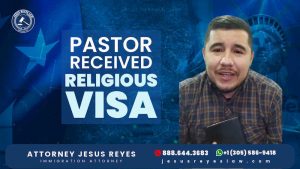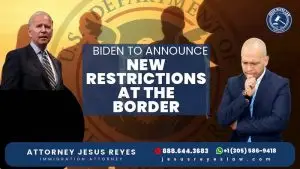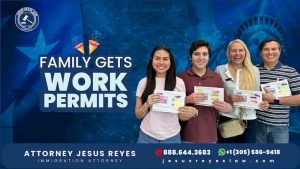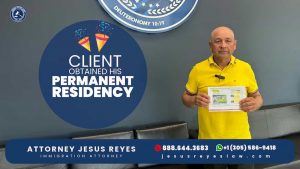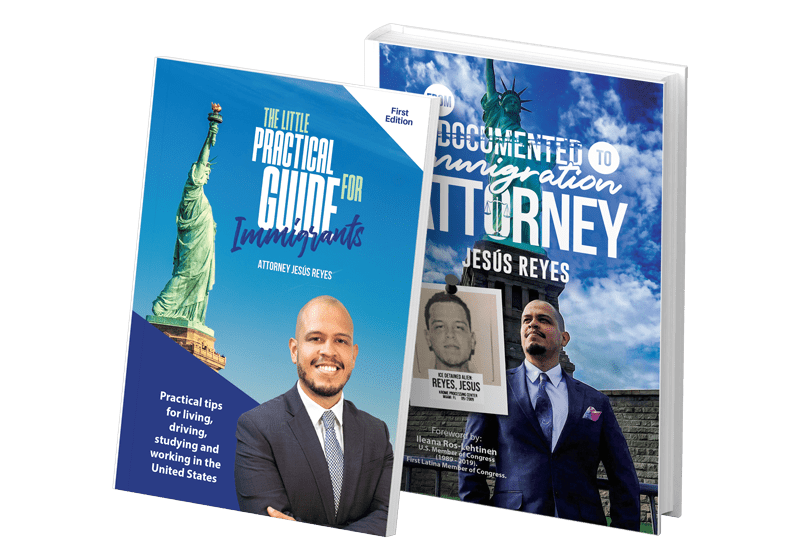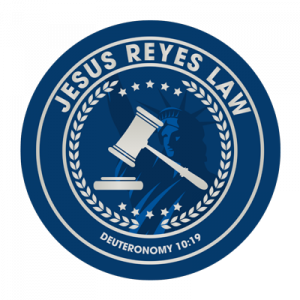The US Supreme Court authorizes the central government to deny residences and visas to those who resort, or who are suspected of having sought out, public funds from assistance programs while the Supreme Court continues with the feasibility study of this controversial measure of public charge of the Trump Administration.
As we defined in our blog on August 14, 2019, it is considered public charge when a person receives one or more public benefits for more than 12 months within a period of 36 months. This includes the use of assistance program funds such as: Medicaid medical service, food stamps, financial assistance for home acquisition known as Section 8, among others.
Although this measure is temporary, there are severe effects on immigrant families since the recently announced rule gives more power to the agents of the Office of Citizenship and Public Service to decide on denying applications for Permanent Residence to documented immigrants who have used some public help. Clarifying that having used public assistance is only one of the criteria to determine the public charge, it leaves the power of the Immigration Office of those who could become public charges in the future. In this sense, the person’s age, work history, if a student, family size, and level of English proficiency will be taken into consideration. Also, even if the legal immigrant receives part of the public benefits, your family members that are in a legal process to obtain a visa or residence will be affected. For example, in the case of a citizen who can technically receive help from the government, but benefits from family members who are processing a Immigration legal process could be disqualified.
To whom does this measure not apply?
The measure will not apply to 6 perfectly identifiable groups of people:
To the refugees, the asylees, the petitioners of the T Visa; that is, a victim of protected trafficking, victims of domestic violence under the Vawa program and young special immigrant youth (SIJ), that is, those minors who have been mistreated or abandoned by their parents and who could receive Permanent Residence.
Final Considerations
It seems that the Office of Immigration and Citizenship Services (USCIS) is not expected to implement the public charge rule until the appropriate procedure that will govern this rule is studied, according to media sources. However, our law firm Jesus Reyes, which I preside over, will be monitoring the implementation of this measure by the immigration office and will provide guidance and assistance to all immigrants affected by the measure – always suggesting to the entire immigrant community to request expert help before assuming they will be affected.




